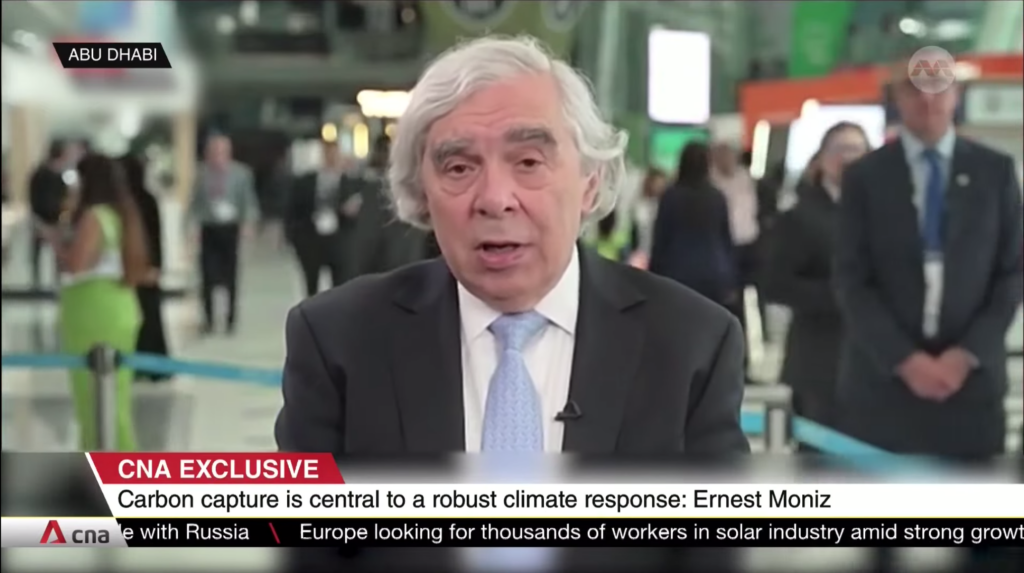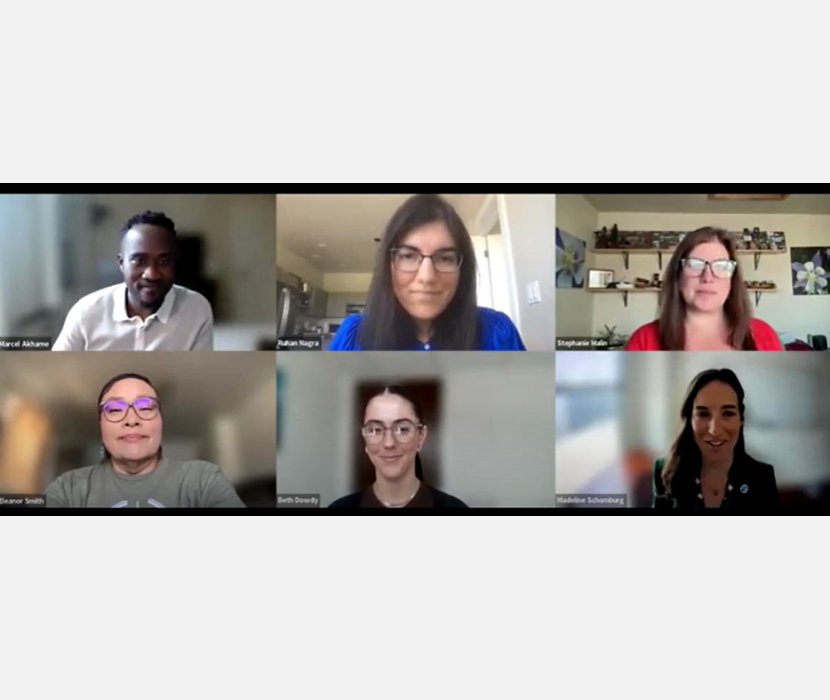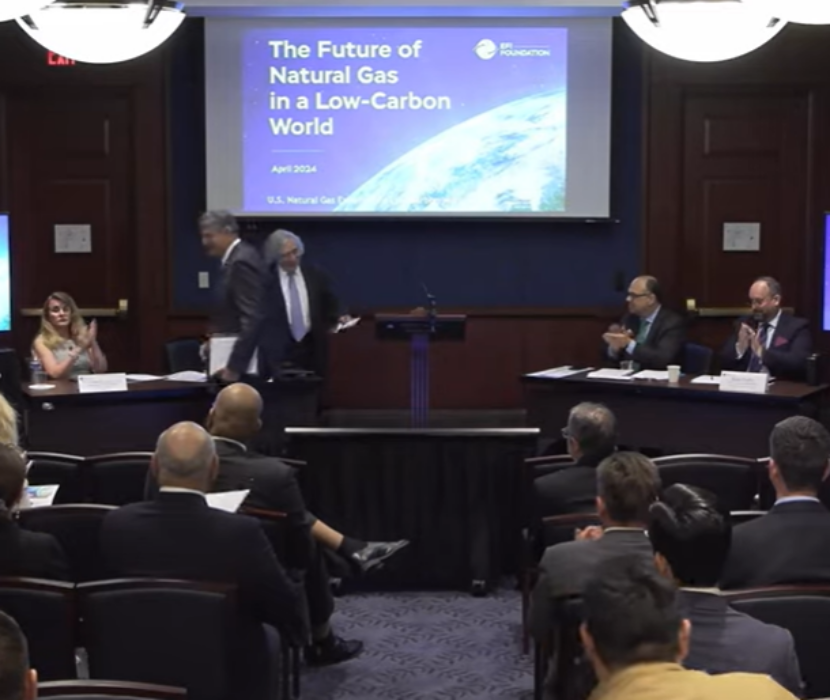
On October 2, Channel NewsAsia interviewed EFI Foundation CEO Ernest Moniz on the challenges and complications of decarbonization.
“The challenge of decarbonization is immense for everyone,” Moniz said. “We are … trying to get to net-zero emissions by 2050; that’s only [about] 25 years away which, in the energy industry, would require an unprecedented pace of change.”
Moniz emphasized that although renewable energy will be a key part of decarbonization, it is also essential to remove carbon from the atmosphere and oceans. Using carbon capture and storage technology will be necessary to help reach net zero carbon emissions, and Moniz said many major oil and gas companies already have the skillsets and workforce to implement this technology.
“The oil and gas companies are moving out on renewables … and hydrogen, but they also have a leg up on important areas like carbon capture,” Moniz said.
One of the biggest barriers to decarbonization in the United States is the pacing of energy infrastructure projects, Moniz said. He explained that it is realistic for the United States to triple its renewable energy sources, but without moving up the timeline on infrastructure projects, it will be very difficult to reach climate goals.
Although there are challenges to decarbonization, Moniz referenced a recent poll about public opinion of climate change that could be the turning point the United States needs to implement meaningful change.
“Sixty four percent of Americans now associate extreme weather with the warming climate,” Moniz said. “This will be the harbinger for a political shift we will need for national policy.”
Moniz pointed out that this shift is also taking place in the U.S. Congress, with the recent Bipartisan Infrastructure Law and CHIPS and Science Act.
“Fundamentally, I think that there is sufficient bipartisan support on the technology front, and I believe in this decade, [we] will make continued progress in clean energy technology,” Moniz said.
Moniz was interviewed on the sidelines of ADIPEC 2023, which is an annual gathering of energy stakeholders from around the world in Abu Dhabi, United Arab Emirates. Moniz was a speaker at the event, where he was also given the Leader of Change: Passionate Driver of Progress award.
–Callyn Bloch, Communications Fellow
(Share this post with others.)




